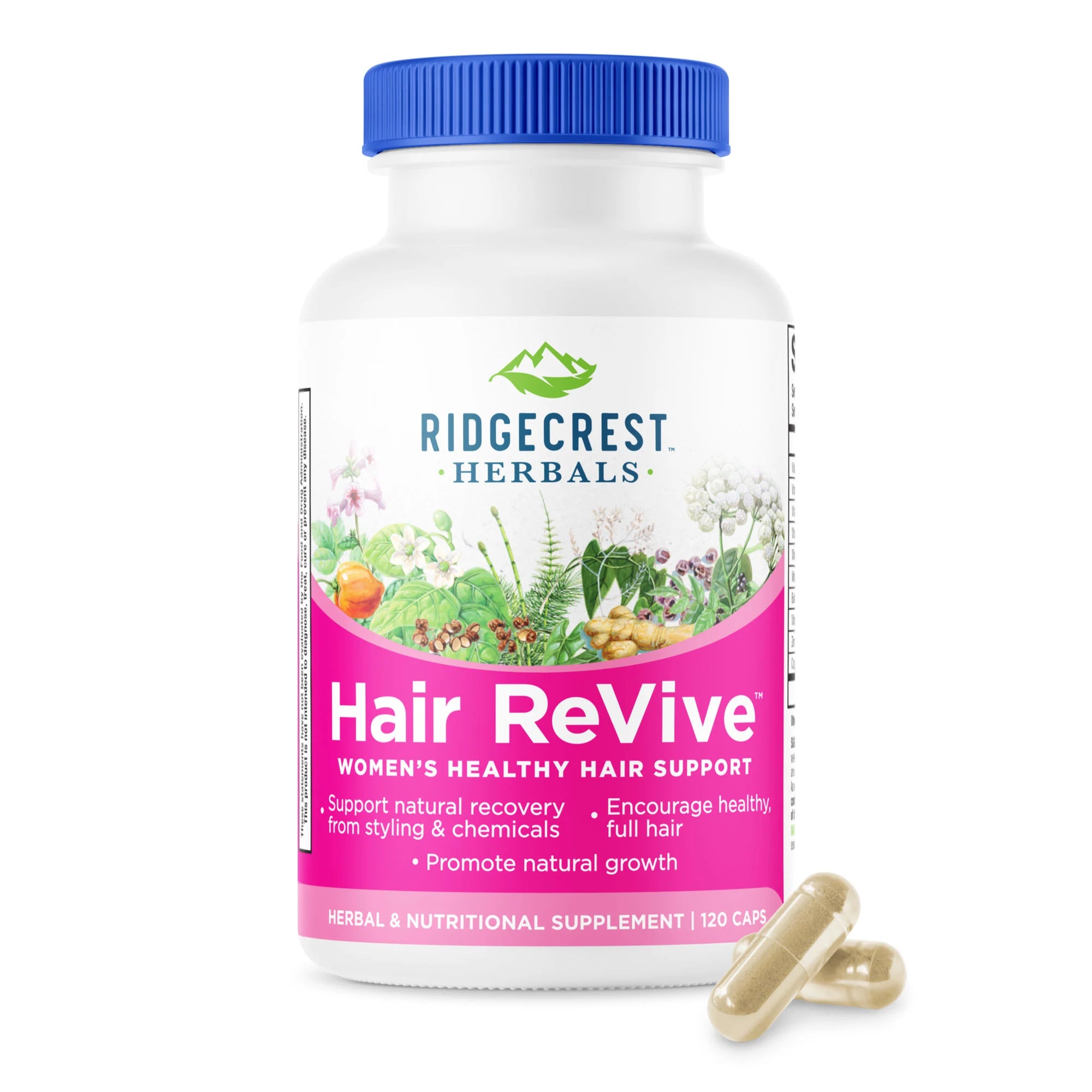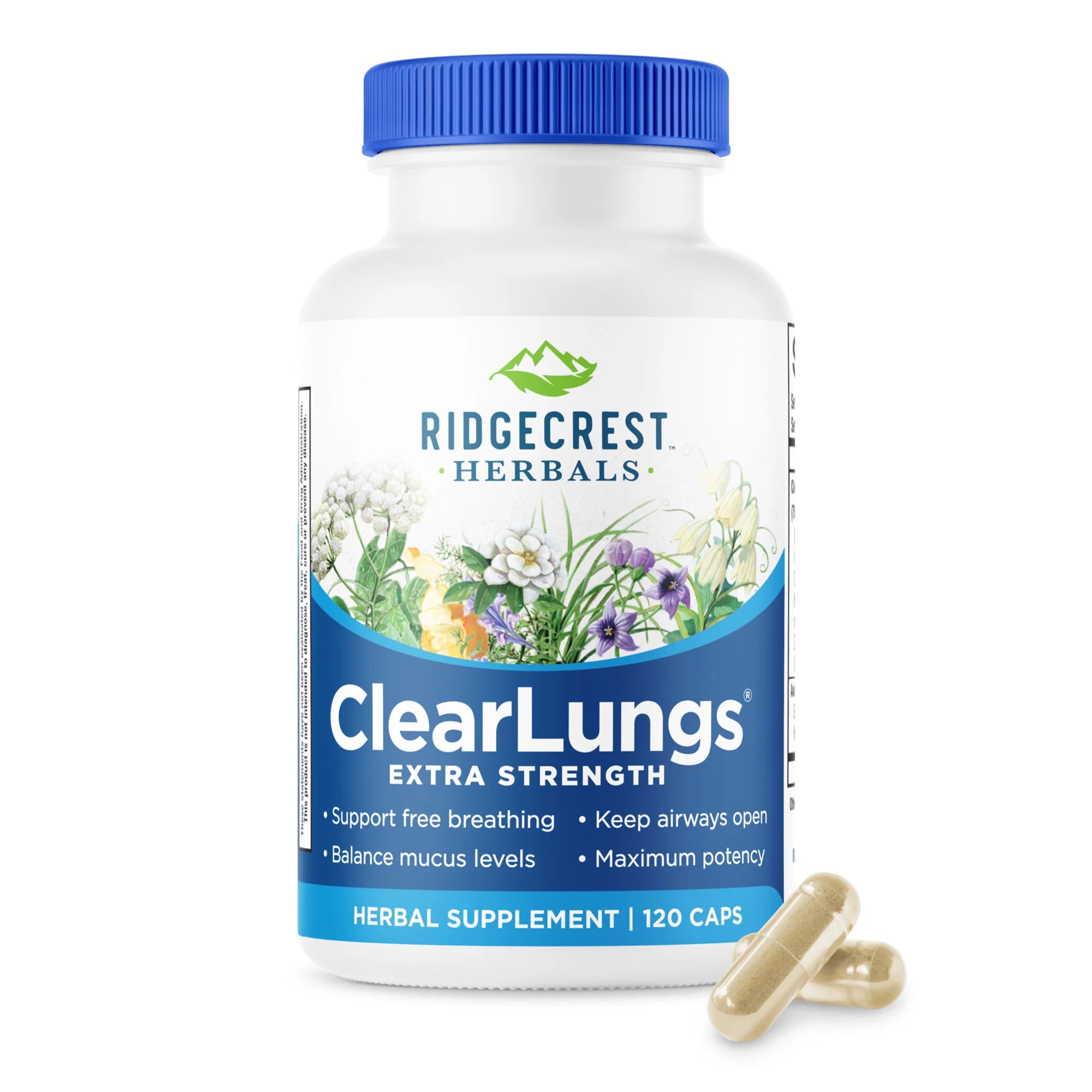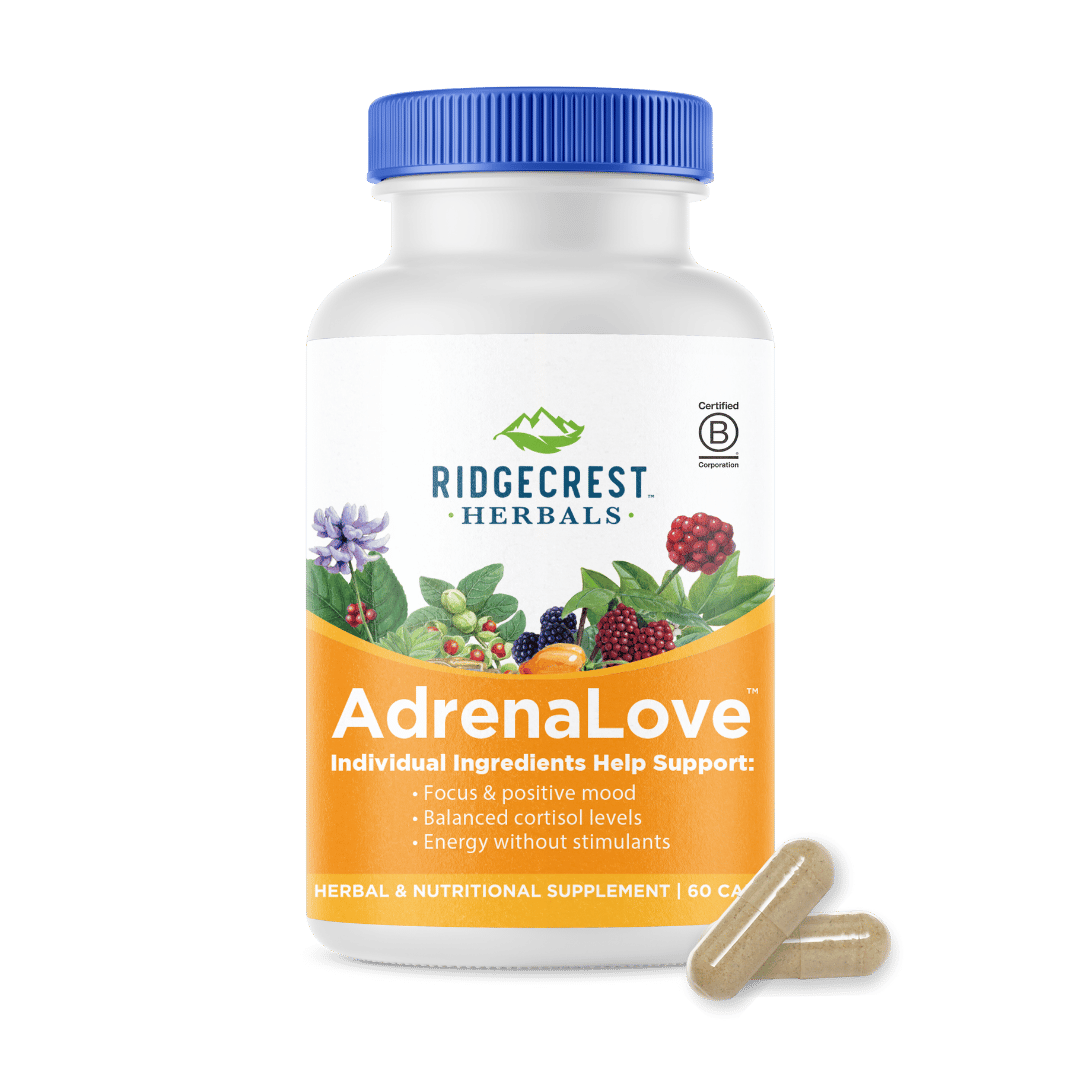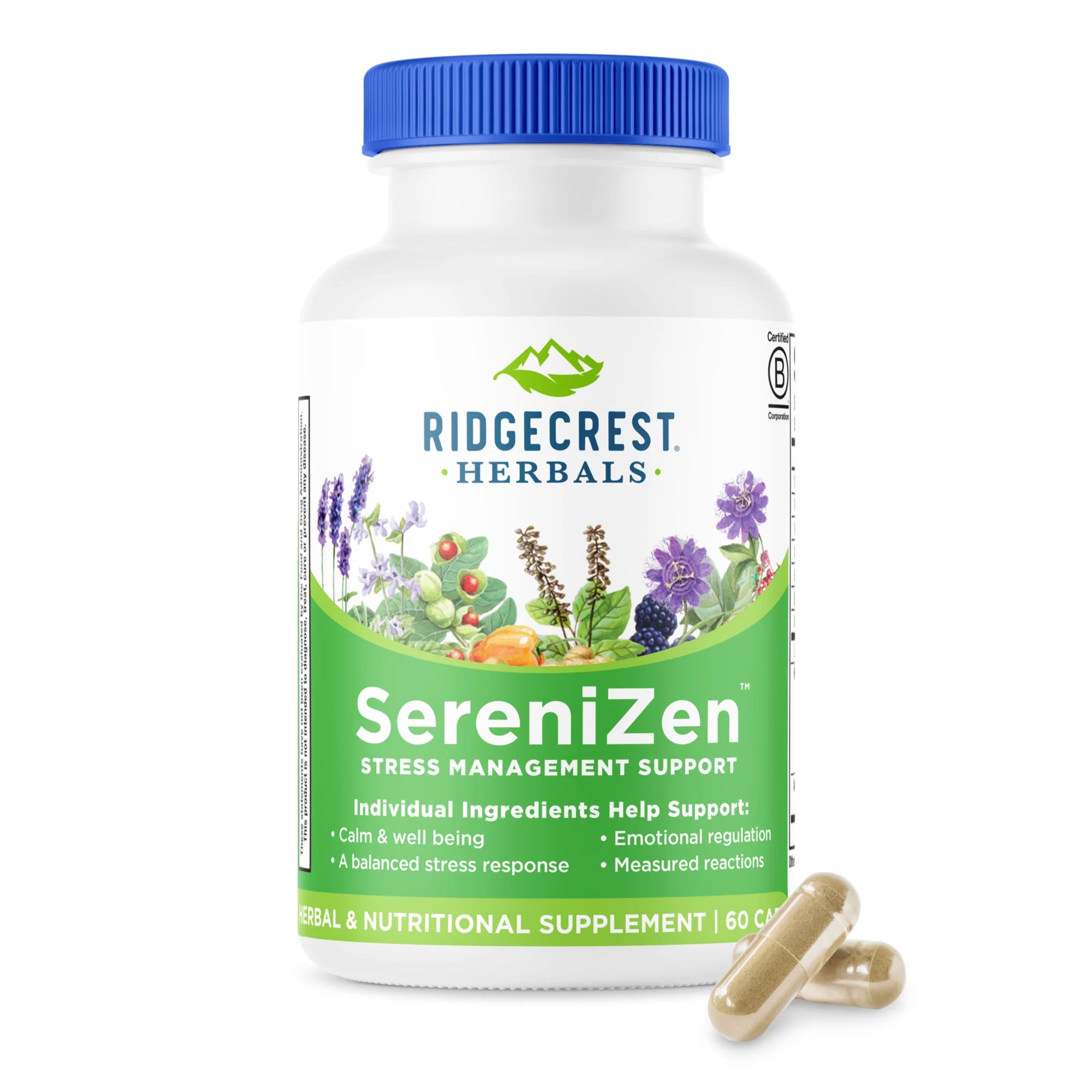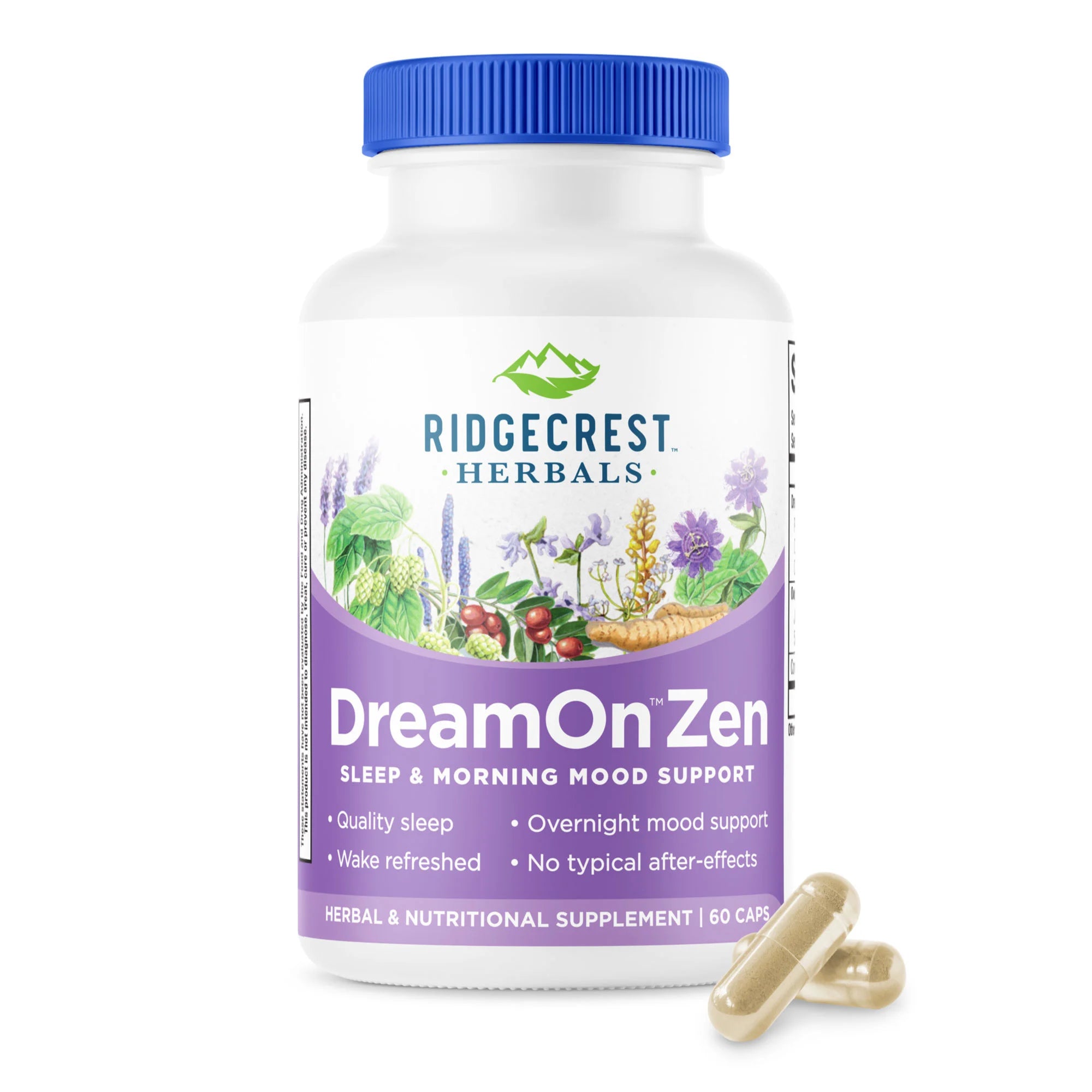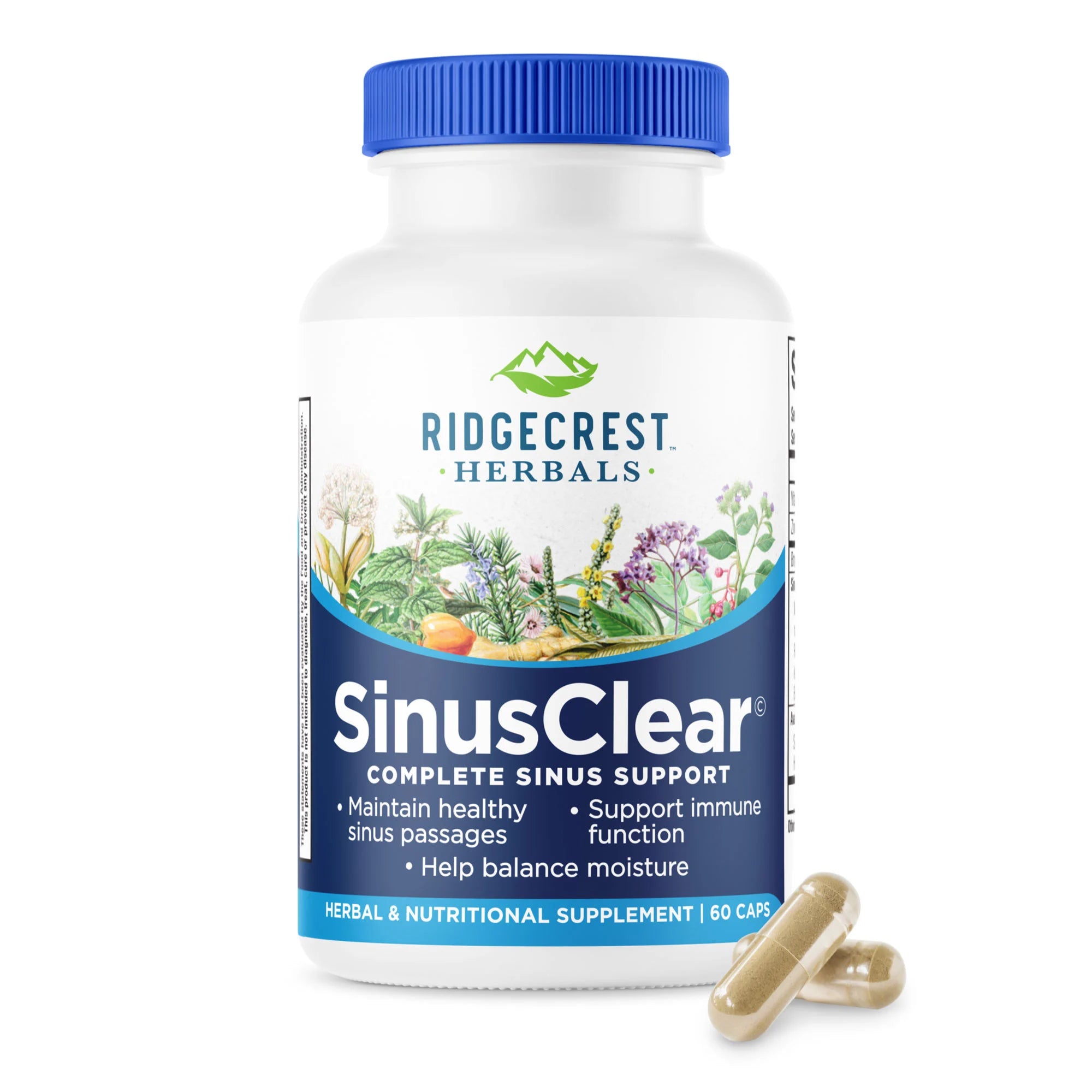Thank you for subscribing to our Herb Nerd Newsletter.
We're happy to chose to be a part of our #herbnerd fam. We appreciate you!
Try One of Our Curated Picks
Hair ReVive®
Sale price$47.99
Regular price$59.99
ClearLungs® Extra Strength
Sale priceFrom $26.99
Regular price$33.99
AdrenaLove®
Sale price$29.99
Regular price$37.99
SereniZen®
Sale price$29.99
Regular price$37.99
DreamOn™ Zen
Sale price$26.99
Regular price$33.99
SinusClear®
Sale price$26.99
Regular price$33.99









